|
|
|
Chair
Peter Dovc
University of Ljubljana, Biotechnical Faculty
Ljubljana, Slovenia

Term of service (2nd, 2021-2025)
Peter Dovc studied animal science at the University of Ljubljana, Slovenia, and received a PhD in animal genetics from the Technical University of Munich, Germany. After postdoctoral positions at Justus Liebig University in Giessen, Germany, and Ludwig Maximilian University in Munich, Germany, he joined the newly established Gendiagnosezentrum in Grub, Munich, Germany. In 1994–1995 he was a visiting scientist at the Department of Animal Science, University of California, Davis. Since 1995 Dovc has been a professor of genetics, animal breeding, animal biotechnology, and molecular biology at the University of Ljubljana. At the Department of Animal Science, Dovc leads a research group in the field of comparative genomics and genome biodiversity. His research interests are regulation of gene expression in the mammary gland, identification of candidate genes for complex traits, and population genetics. From 2005 to 2010 he was the president of the Scientific Council of Slovenian Science Agency (ARRS). Dovc is currently the president of the Genetic Society of Slovenia. He is a member of the editorial boards of several international journals in the field of animal genetics. Dovc received the Sigismund Zois National Research Award (2007), the University of Ljubljana Award for Teaching (2018), and the Fran Jesenko Lifetime Achievement Award (2019).
Co-Chair
Jiansheng Qiu
Neogen Genomics
Lincoln, NE United States
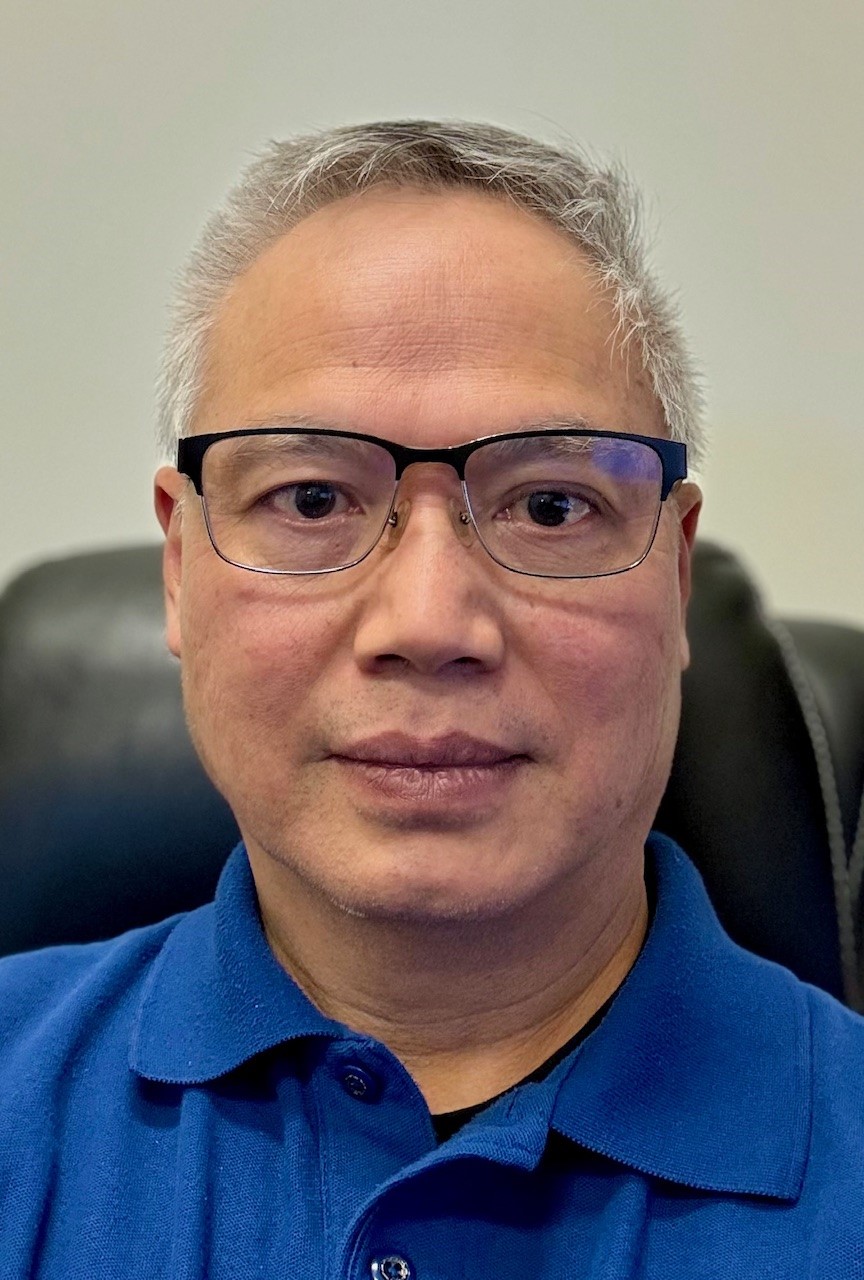
Term of service (2nd, 2021-2025)
Jiansheng Qiu received a PhD in quantitative genetics and completed postdoctoral research in molecular biology at Auburn University, where he was later hired as a research fellow and a graduate faculty member. He was a senior scientist at LI-COR Biosciences for three years before he joined GeneSeek as director of genomic services in 2001. He currently is the director of quality systems at Neogen Genomics, USA. Qiu has 30 years of research experience in molecular marker development and assay designs in various species specially cattle. He is currently the chair of the ISAG Cattle Molecular Marker and Parentage Testing Committee and a member of the ISAG Applied Genetics of Companion Animals Committee. He is also a member of the ICAR DNA working group and a member of the Life Sciences Advisory Committee of the American Association of Laboratory Accreditation. Qiu has substantial knowledge and experience in managing quality control and quality assurance per ISO17025 and CLIA guidelines.
Member
Hubert Bauer
LABOKLIN
Bad Kissingen, Germany

Term of service (2nd, 2023-2027)
2009 Graduate in Biology (Diplom-Biologe) Julius-Maximilian Universität Würzburg
2014 Scientific assistance Julius-Maximilian Universität Würzburg
2014-Present Molecular biology department LABOKLIN
Main species: dog, horse, and cat
Fields: parentage, forensics, and genetic diversity
Member
Nuket Bilgen
GeneControl GmbH
Poing, Germany
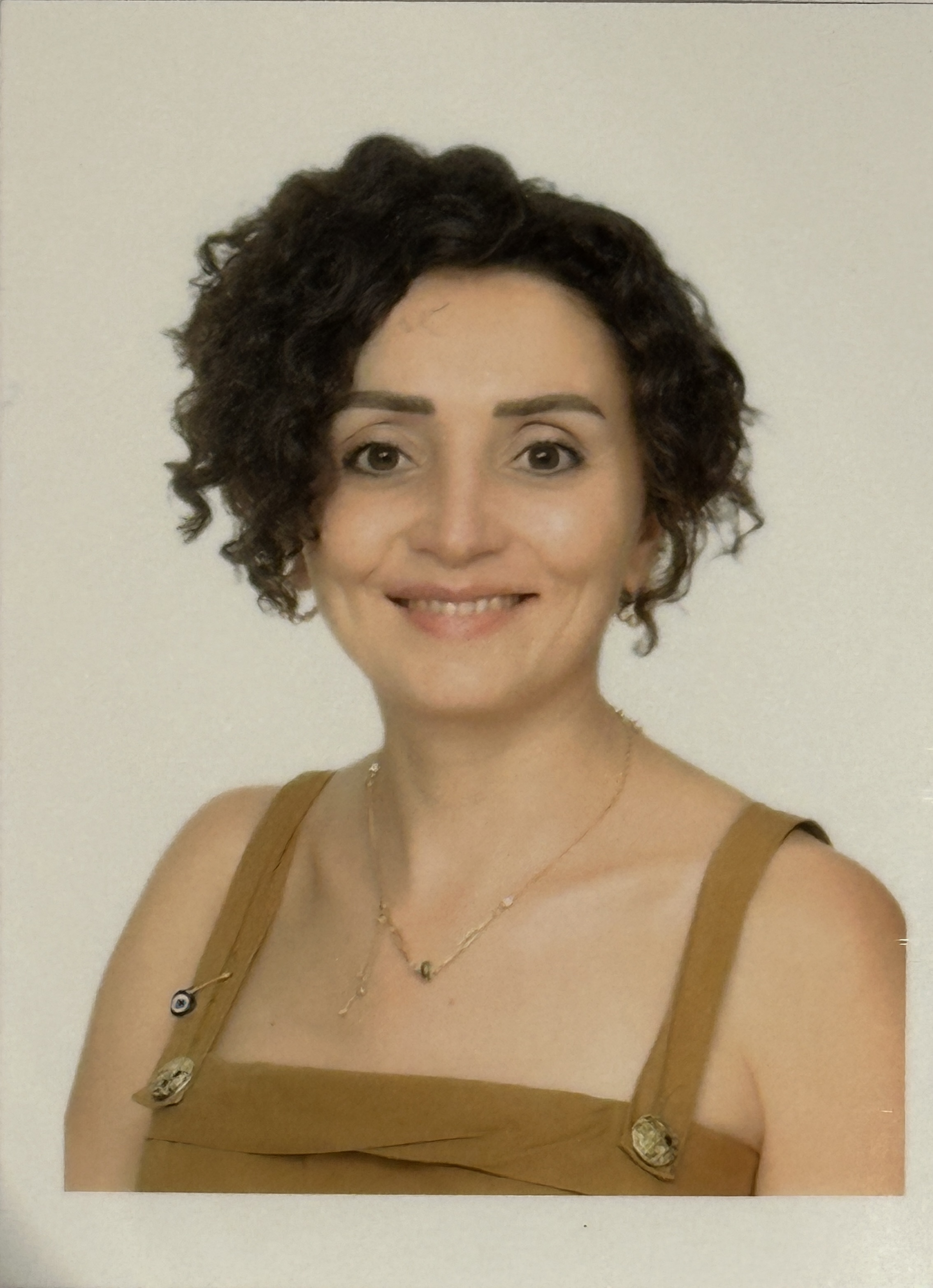
Term of service (2nd, 2021-2025)
Nüket Bilgen has always been fascinated by life, nature, plants, animals, how they evolved, and their continued existence. Bilgen started following science magazines in middle school and read inspiring discoveries and findings. She always imagined herself working as a scientist in a white coat. Through that imagination, when Bilgen was studying veterinary medicine at Ankara University, she took initiatives that she could use in her academic development; she used the Erasmus program to study and seed future collaborations at Hannover Veterinary University. Bilgen started her PhD at Ankara University, Institute of Health Sciences on Animal Genetics. During her PhD, she joined research projects and applied for grants. Bilgen enjoyed working in the wet lab and teaching students. She attended congress and symposiums on animal genetics. At one of the most important congresses, the International Society of Animal Genetics (ISAG), Bilgen became a standing committee member of Companion Animal Genetic and Genomics and Applied Genetics in Companion Animals. She started working with Leslie Lyons. Close to the end of her PhD, she applied for scholar and went to Royal Veterinary College, where she studied under the supervision of Dirk Werling. After returning, Bilgen completed her PhD dissertation under the supervision of Okan Ertugrul. She continued working as a research assistant at Ankara University Faculty of Veterinary Medicine. In 2018, Bilgen become an assistant professor in her department. She led and completed a project for finding the causative mutation for Radial Hemimelia phenotype in cats and become a member of the Feline 99 Genome Consortium.
Member
Robert Grahn
University of California-Veterinary Genetics Laboratory
Davis, CA United States
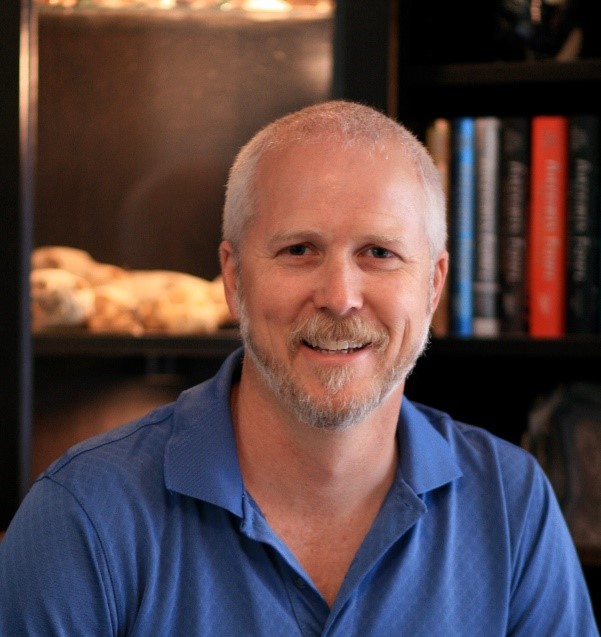
Term of service (2nd, 2023-2027)
Dr. Grahn received his bachelor’s degree in zoology from the University of California, Davis. He completed his doctoral training in biology from the University of Idaho, Moscow, where he studied the molecular systematics of South American rodents using retrotransposable elements. After the completion of his Ph.D., Dr. Grahn returned to UC Davis and spent 14 years investigating inherited genetic diseases and expanding available forensic resources for domestic cats with Dr. Leslie Lyons. In 2013, Dr. Grahn joined the Veterinary Genetics Laboratory in order to expand the portfolio of available genetic tests in domesticated mammalian species. In 2019, he was appointed as the Associate Director of Service and Test Development at the VGL, managing the commercial testing units while continuing to actively participate in research of inherited genetic diseases across domesticated species. Additionally, as either a forensic analyst or technical reviewer, Dr. Grahn has participated in over 200 criminal cases involving domestic animals and was recently appointed as the Associate Director of the VGL Forensics Unit.
Member
George Sofronidis
Orivet Genetic Pet Care
St. Kilda, Australia
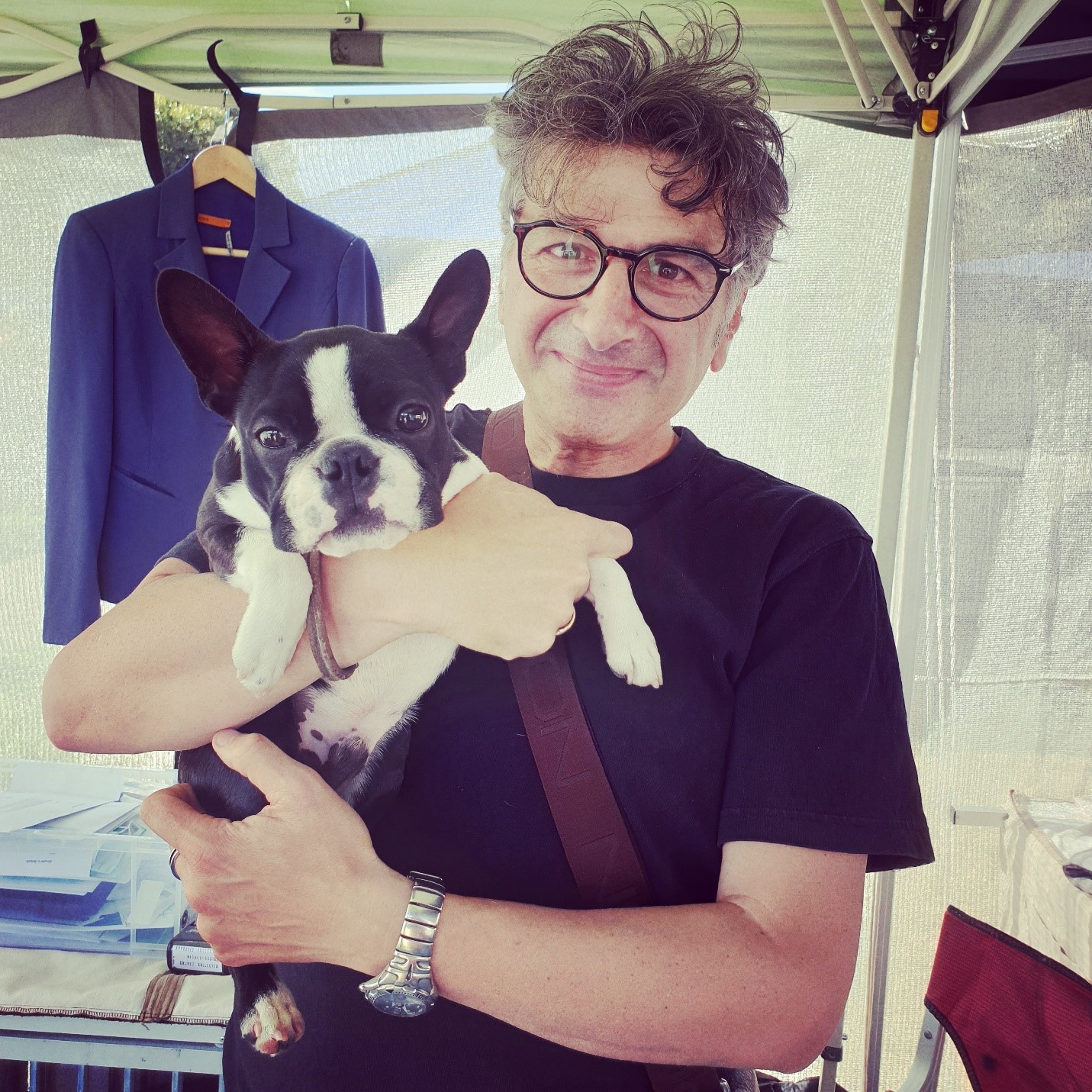
Term of service (2nd, 2023-2027)
George Sofronidis is the co-founder and managing director of Orivet Genetic Pet Care. From humble beginnings in human forensic genetics, a path of “who dunnit” led him to an interest in sperm competition, cross fostering, and their role in animal conservation. Grants and research in genetics proved a great stepping stone to a commercial career in how genetics can help companion animal breeders with breeding solutions. In 2011, he developed and utilized a unique canine SNP panel for pedigree verification. He believes in technology, innovation, and four-legged CEOs.
Member
Leanne Van De Goor
VHLGenetics
Wageningen, Netherlands
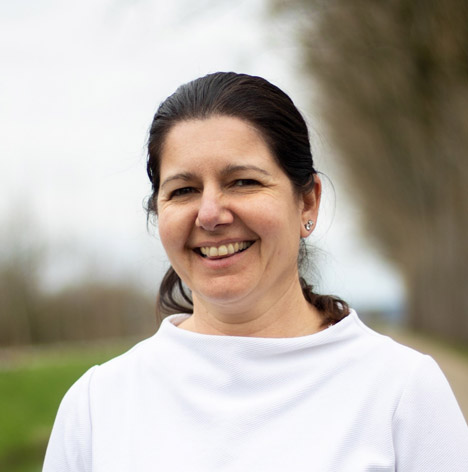
Term of service (2nd, 2021-2025)
Leanne van de Goor was educated in animal breeding and genetics at the Universities of Wageningen and Utrecht. During the last 20 years of experience in animal genetics and working in a service laboratory, she contributed to standardization and developments in parentage control, as well as identification and testing of genetic diseases of several species while using appropriate genotyping platforms for STR and SNP detection under high quality control standards.
Ex Officio
Leslie Lyons
University of Missouri - Columbia, College of Veterinary Medicine
Columbia, MO United States
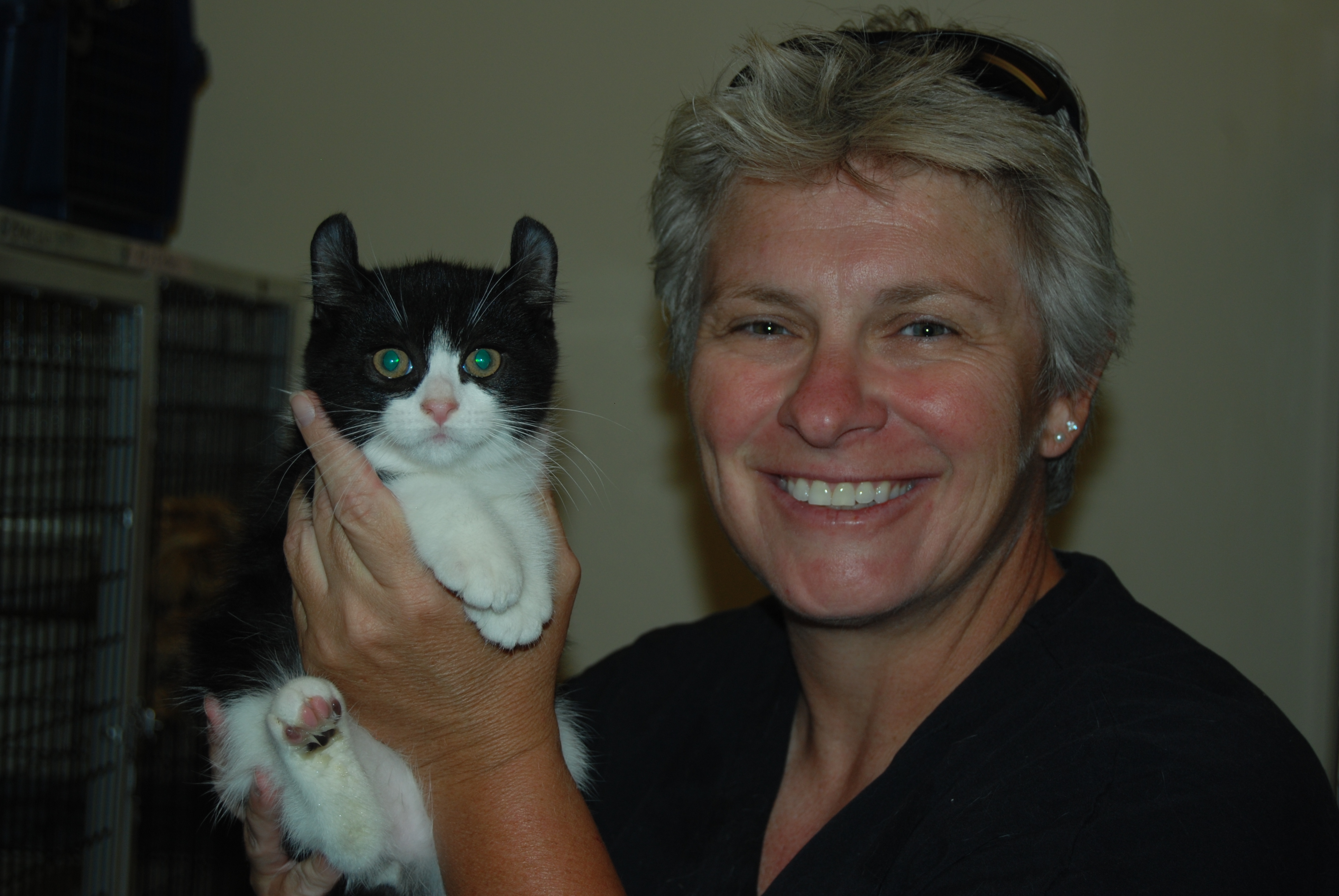
Term of service (Ex Officio)
Dr. Leslie Lyons was trained in human genetics at the University of Pittsburgh and her postdoctoral fellowship focused on developing genetic resources for comparative gene mapping across mammalian species while at the National Cancer Institute. Her research is currently primarily focused on heritable diseases and traits and the population dynamics of the domestic cat. Specific diseases remain of high priority, including polycystic kidney disease (PKD), skin abnormalities, structural defects, and heritable blindness. Her early studies involved assisted reproduction to produce F1 and backcross cats between domestics and Asian leopard cats (Prionailurus bengalensis) and she continues to work with theriogenologists to preserve the biomedical model through gamete cryopreservation. Dr. Lyons has also supported the community by providing DNA studies for the first cloned domestic cat, wildcat, and Sand Cat, and the GFP transgenic cat. Her laboratory has identified nearly 50 mutations in over 20 genes including many diseases, several coat colors, several fur types, and cat AB / B blood type. Her work on phenotypic traits has helped cat breeders become more efficient with their breeding programs, leading to improved feline welfare. Studies in cat population genetics have defined the genetic relationship of the breeds and the distinction of random bred cat populations, supporting the Near East as the major domestication site of the cat. Studies in ancient DNA of mummified cats suggested modern cats of Egypt are descendants of the cats of the pharaohs. Dr. Lyons launched the 99 Lives Cat Genome Sequencing Initiative – an effort to have deep coverage sequencing of cats with inherited diseases and as a DNA variant resource for the community. She continues to the development of needed genomic resources for the cat, including DNA panels for cat identification and parentage, the 63K DNA array for the cat, a new high-density array, exome capture arrays and new cat genome assemblies. The Geoffroy’s cat and Asian Leopard cats produced as a gene mapping resources have now been used to produced haploid-based phased genome assemblies of all three species, including the new reference assemble for the domestic cat. Dr. Lyons has 3 patents and over 195 peer-reviewed publications, including several in forensic journals. One recent work demonstrated Precision Medicine in domestic cats. Her work on cat population genetics was developed into a National Geographic Explorer episode “The Science of Cats” and she has worked with the BBC on several cat television productions, including most recently “Cat Tales”.
Dr. Lyons has been a member of ISAG for over 25 years and supported the introduction of genomics and applied genetics for cats into the ISAG workshops. She has been a long-standing member and chair of Applied Genetics in Companion Animals workshop and now an honorary member. Currently she is a member of the Forensics workshop and is helping to develop a new workshop focused on the standardization of genetic testing in animals. She has strong interactions with commercial animal genetic testing laboratories as many of her tests are offered to the cat breeding community. Via cat genetic tests, several genetic diseases in cats are now near eradication, including the once very common polycystic kidney disease and blindness in Persians, hypokalemia in Burmese, “spasticity” in Devon Rex / Sphynx and blindness in Bengal cats. She routinely publishes in the society journal, Animal Genetics, and looks forward to developing new ideas to improve and expand the journal and the overall animal genetics society. Dr. Lyons is also a member of the organizing committee and the Cat and Dog genetics sessions for the Plant and Animal Genomics (PAG) meeting.
|
|
